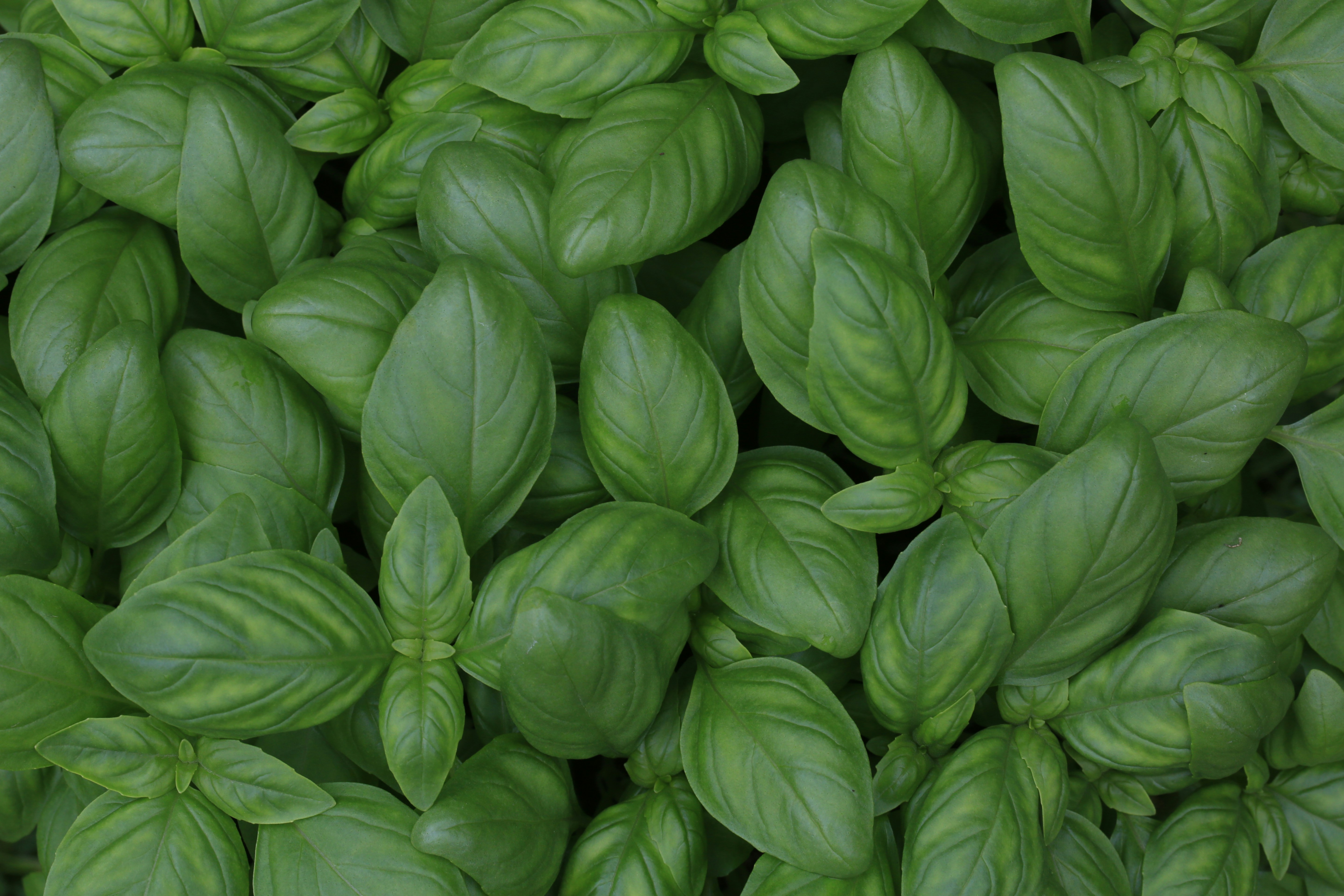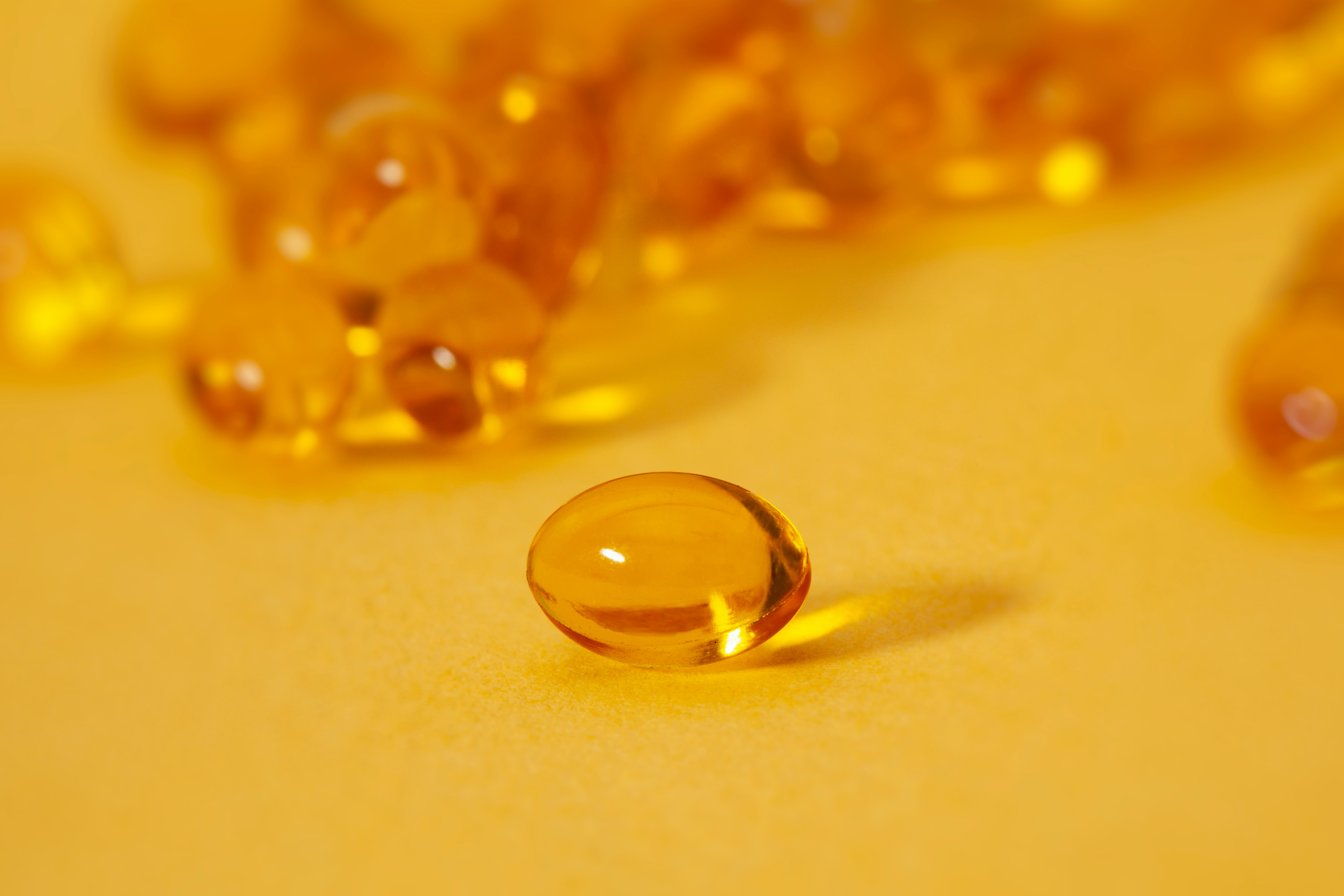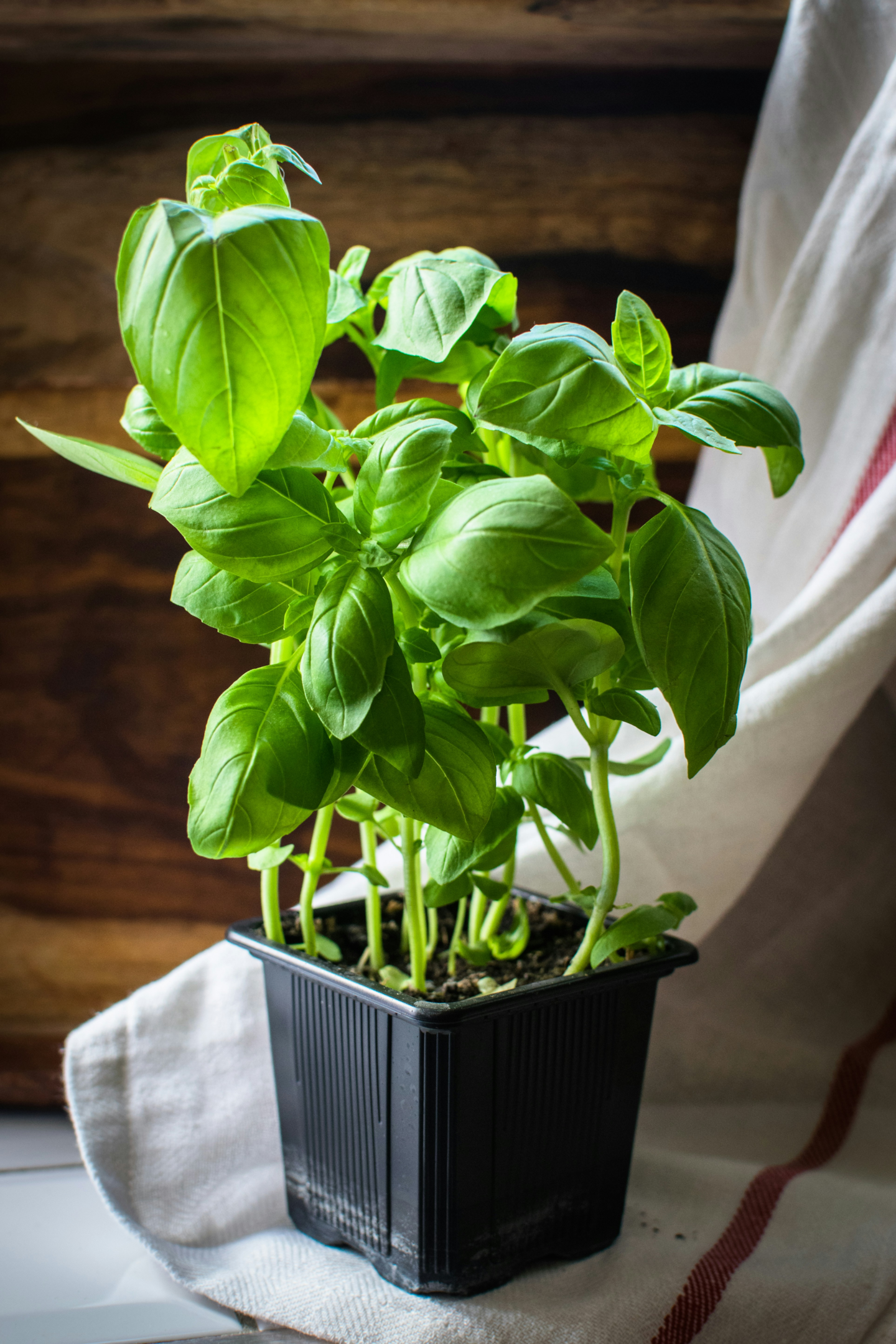Vegan Globetrotter is supported by our audience. When you purchase through one of our links, we may earn a small affiliate commission. As an Amazon Associate I earn from qualifying purchases. Your cost is not affected.
==================
Is basil good for you? Before we answer that question let’s first talk about what is the health benefits of eating basil. Basil, a fragrant herb commonly used in various cuisines, is not only celebrated for its aromatic addition to meals but also for its potential health benefits. With a rich supply of essential vitamins, minerals, and antioxidants, it addresses multiple aspects of well-being. Consuming basil may play a role in reducing oxidative stress, supporting cardiovascular health, and offering anti-inflammatory properties.

Exploring more research on the culinary versatility of basil reveals its incorporation in salads, soups pasta dishes, and sauces, enhancing flavors while contributing to the nutritional value of dishes. While there are many advantages to using this herb, it’s also important to consider any potential risks associated with it. For those with certain health conditions or on specific medications, understanding the implications of adding basil to their diet is crucial.
Key Takeaways
- Basil offers numerous health benefits, including antioxidants and vitamins.
- It’s widely used in culinary applications for its flavor and aroma.
- Awareness of any potential risks is important for individuals with specific health considerations.

Photo by Rob Pumphrey on Unsplash
Nutritional Profile
The nutritional value and benefits of basil are evident through its content of essential vitamins and minerals, low calories, and beneficial macronutrients, making it a valuable herb for a healthy diet.

Vitamins and Minerals
Basil offers a variety of vitamins, particularly vitamin K, which is crucial for bone health and blood clotting. Other vitamins found in basil include vitamin A, in the form of beta-carotene, which supports eye health, and vitamin C, an antioxidant important for skin and immune function. The herb is also a source of minerals like calcium, iron, and magnesium, contributing to daily nutritional requirements with every serving.
Caloric Content
Basil is very low in calories, making it an excellent addition to meals for those monitoring their energy intake. It’s important to note that the herb of this oil is commonly used in small amounts, and therefore the caloric contribution to a meal is minimal.
Macronutrients
While not a significant source of macronutrients, basil provides a small amount of carbohydrates, primarily from fiber, which can aid in digestion. This herb contains negligible amounts of fat and protein. The fiber in this herb can contribute to feelings of fullness and support regularity.

Is Basil Good for You? Know its Health Benefits
Basil is celebrated for its diverse range of health benefits, from combating oxidative stress to supporting cardiovascular health.
Antioxidant Properties
Basil contains compounds that can reduce oxidative stress in the body. Oxidative stress is a condition characterized by excess free radicals, which can contribute to chronic diseases and aging. One such compound, eugenol, has shown the potential to act as a natural antioxidant.
Anti-Inflammatory Effects
The herb can also play a role in reducing inflammation. Chronic inflammation is linked to many serious illnesses, including heart disease, diabetes, and arthritis. Compounds in basil, such as flavonoids, contribute to its anti-inflammatory properties.
Heart Health
Basil may positively impact heart health by providing vitamin K, which is crucial for blood clotting and bone health. Incorporating this herb into one’s diet can aid in cardiovascular disease and the maintenance of a healthy cardiovascular system.
Skin Health
It has also been that lemon basil is identified as a beneficial ingredient for skin health. Basil can help to clear skin conditions such as acne and provide a boost in overall skin vitality.
Antimicrobial Properties
Basil exhibits antimicrobial properties that can contribute to maintaining overall health. The presence of essential oils like linalool and citronellol in this herb has been shown to have antibacterial and antiviral effects, potentially aiding in the body’s defense against various infections.
Culinary Uses
Basil is a versatile herb that enhances flavor in numerous dishes. Its use is common across various cuisines, from Italian to Thai, bringing a fresh and aromatic touch to recipes.
Herbal Flavor
The herbal flavor of sweet basil leaves is distinct and can be categorized as sweet and slightly peppery with a subtle anise-like character. Fresh basil leaves are more potent and provide the taste buds a robust flavor profile, compared to the muted essence found in dried herb. This herb is a staple in pesto sauce, contributing to its signature fresh taste.
Food Pairings
Basil’s food pairings are predominantly seen in Italian cooking, perfectly complementing tomatoes chopped basil and mozzarella in a Caprese salad. Meanwhile, in Thai cuisine, it pairs with stronger flavors such as chilies and lemongrass, frequently used in curries and stir-fries.
Culinary Preparation
When preparing basil, it is important to minimize heat exposure to preserve its volatile oils which carry the herb’s flavor. This herb should be torn or gently sliced and added to dishes at the end of cooking to maintain its essence. It’s often used as a fresh garnish to impart an immediate burst of flavor right before serving.
Potential Risks
While basil is commonly enjoyed for its flavor and potential health benefits, there are certain risks associated with its use that individuals need to be aware of, particularly regarding allergic reactions and medicinal interactions.
Allergic Reactions
Some individuals may experience allergic reactions to basil. This can manifest as skin rashes, itching, or in severe cases, anaphylaxis. The risk is higher for those with a known allergy to mint since basil is a part of the same family, Lamiaceae.
Medicinal Interactions
Basil can also interact with certain medications. For instance, because this herb extract can affect blood clotting, it should be used with caution by those taking anticoagulant medication. These interactions can lead to unexpected effects, such as an increased risk of bleeding. It’s recommended to consult a healthcare provider before using basil medicinally, especially for those on medication.
Growing Basil
Basil is a highly regarded culinary herb that thrives in warm, temperate environments. Mapping out the optimal conditions and understanding home gardening techniques are crucial for a successful basil harvest.
Home Gardening

Photo by Monika Grabkowska on Unsplash
For enthusiasts looking to cultivate basil at home, it’s important to start with high-quality seeds or starter plants. Basil can be grown:
- Indoors: on a sunny windowsill.
- Outdoors: in a garden or in containers.
Steps for Planting Basil:
- Select a container with proper drainage holes if planting indoors.
- Choose an area with ample sunlight for at least 6 hours daily if planting outdoors.
- Use well-draining soil to prevent waterlogging, which can lead to root rot.
One can also propagate sweet basil, by taking cuttings from an existing holy basil plant. Simply snip a 3-4 inch section, remove the lower leaves, and place the stem in water until roots develop, then transplant.
Ideal Growing Conditions
Basil flourishes in conditions that mirror its native tropical habitat. The plant’s development is heavily dependent on several factors:
- Sunlight: Full sun, with a minimum requirement of 6 hours of direct sunlight per day.
- Temperature: Warm conditions between 70°F and 80°F.
- Soil pH: Slightly acidic to neutral (pH 6.0 to 7.0) is ideal.
- Watering: Regular watering to keep the soil moist but not soggy.1
Factor Ideal Condition Sunlight Full sun (6+ hours) Temperature 70°F – 80°F Soil pH 6.0 – 7.0 Watering Keep soil moist, avoid overwatering
Basil plants must be protected from frost and cold winds. Additionally, pruning is beneficial for encouraging bushier growth and preventing early flowering, which can alter the taste of the leaves.
When provided with the right conditions, basil can be a rewarding herb to grow, yielding fresh leaves to enhance a wide variety of dishes.
Harvesting and Storage
Proper harvesting and storage of basil are crucial for maintaining its flavor and health benefits. These practices and essential oil ensure that the herb remains fresh and useful for culinary applications.
Best Practices
Harvesting basil should be done in a manner that encourages growth and maximizes flavor. It is recommended to harvest in small amounts, taking only what is needed for immediate use. When trimming this herb’s stems, it’s best to cut approximately ¼-inch above a node—where leaves and side shoots emerge—to promote new growth.
For more information on the proper technique for harvesting this herb’s stems, you can visit How to Harvest Basil.
Preservation Methods
Preserving basil effectively enables long-term use. Two common methods are drying and freezing. Drying is suitable for prolonged storage while freezing preserves the aroma and color of the herb. Blanching basil leaves briefly before freezing them can help retain their vibrant green color and flavor. Alternatively, this herb can be pureed with olive oil, and stored in the freezer for easy use in cooking.
You can find proper guidance on blanching and freezing basil for preservation within the context provided by Rodale’s Garden Problem Solver.

Is Basil Good for You? A Definite Yes.

In conclusion, basil stands out as a versatile herb that not only adds a burst of flavor to culinary creations but also boasts a myriad of health benefits. From its rich nutritional profile, including essential vitamins and minerals, to its antioxidant, anti-inflammatory, and antimicrobial properties, basil offers a holistic approach to well-being. As a culinary delight, its aromatic presence elevates dishes across various cuisines.
Frequently Asked Questions on Is Basil Good for You
People recognize basil for its diverse health benefits, which range from medicinal uses to improving skin health. This section tackles some of the most common inquiries, such as “Is basil good for you?” regarding basil extracts and the advantages of incorporating basil into one’s diet.
What Are the Medicinal Uses of Basil?
Basil has anti-inflammatory and antimicrobial properties that are used for medicinal purposes. It helps with digestive issues, and studies suggest that this herb’s compounds can relieve pain and reduce inflammation.
What Are the Benefits of Drinking Basil Tea?
Drinking basil tea can aid in reducing stress, soothing an upset stomach, and can contribute to better digestion. It also serves as a source of antioxidants which may support overall health.
In What Ways Can Basil Leaves Improve Skin Health?
Basil leaves may improve skin health by reducing acne and other skin infections due to their antimicrobial properties. The oils found in basil can also help in cleansing the skin.
Can Consuming Dried Basil Contribute Positively to Your Health?
Consuming dried basil can be beneficial due to its concentration of vitamin K, which is important for bone health and blood clotting. It also contains other vitamins and minerals in trace amounts.
What Are the General Health Benefits of Consuming This Herb?
The general health benefits of consuming basil include its potential to enhance immunity, lower blood pressure, support liver function, and provide a source of antioxidants. Basil is also a low-calorie herb that can add flavor without additional calories.
Can This Herb Be a Superfood and Why?
You can consider Basil as a superfood because it is nutrient-dense, containing vitamin A, vitamin K, iron, and calcium. Due to its rich content of essential oils and antioxidants, it contributes to overall wellness and health protection.
Follow Our Socials
Discover the awesome world of VeganGlobetrotter!
We’ve got cool stuff on different social media apps. Check out tasty recipes and travel tips on Instagram. Talk about interesting things and make friends on Twitter. Watch fun videos and learn cool stuff on YouTube. Hang out with us on Facebook for a friendly community and cool ideas. It doesn’t matter if you’re new to being vegan or you’ve been doing it for a while.
VeganGlobetrotter’s social media has something for everyone who likes yummy food and cares about the planet. Follow us on all the apps for a super fun and easy way to be vegan! 🌱✈️ #VeganGlobetrotter #YummyVeganLife





Don't miss out
when new recipes and information are added!
Join our newsletter for free recipes,
healthy living inspiration, and special offers
You have Successfully Subscribed!